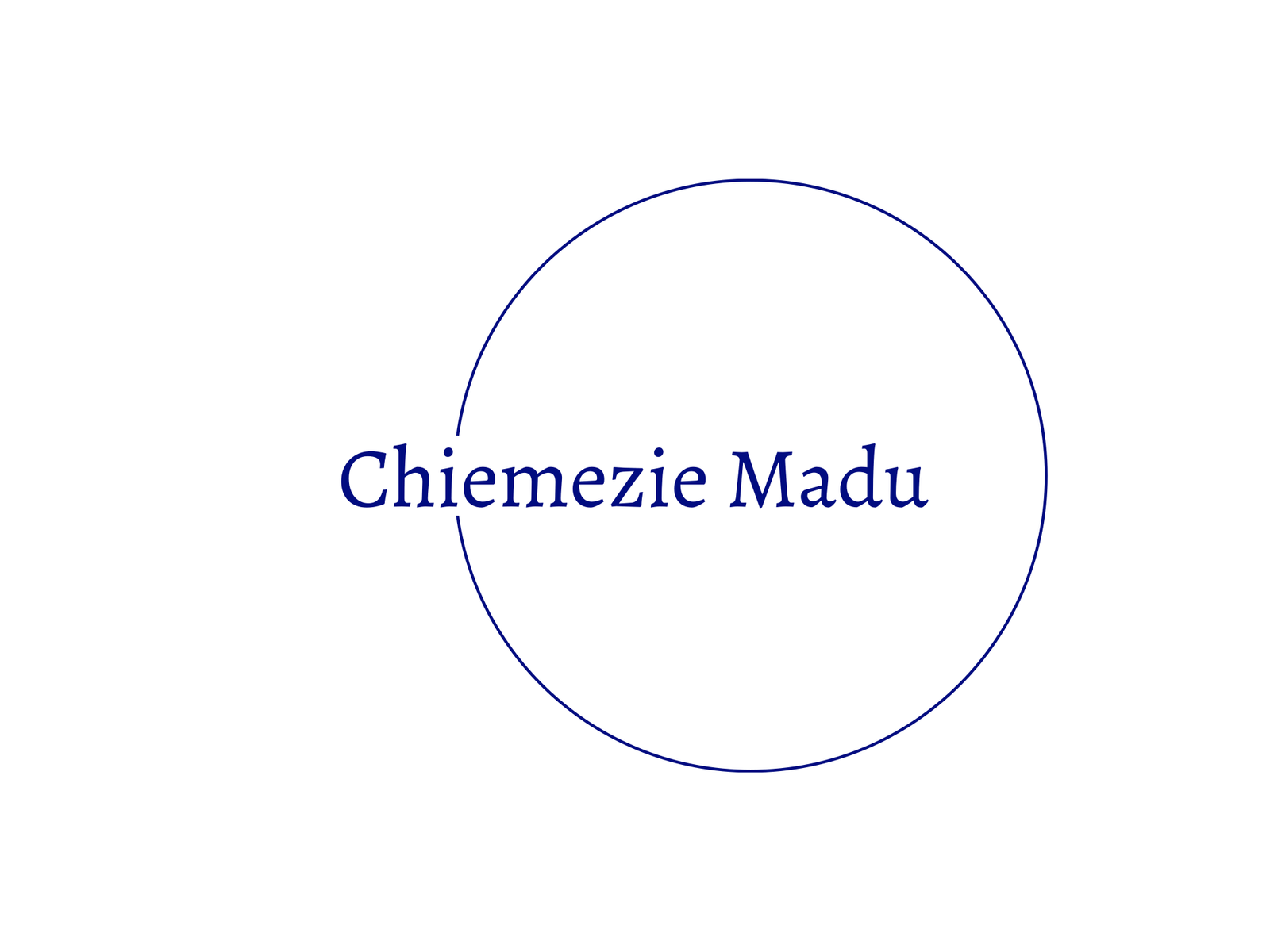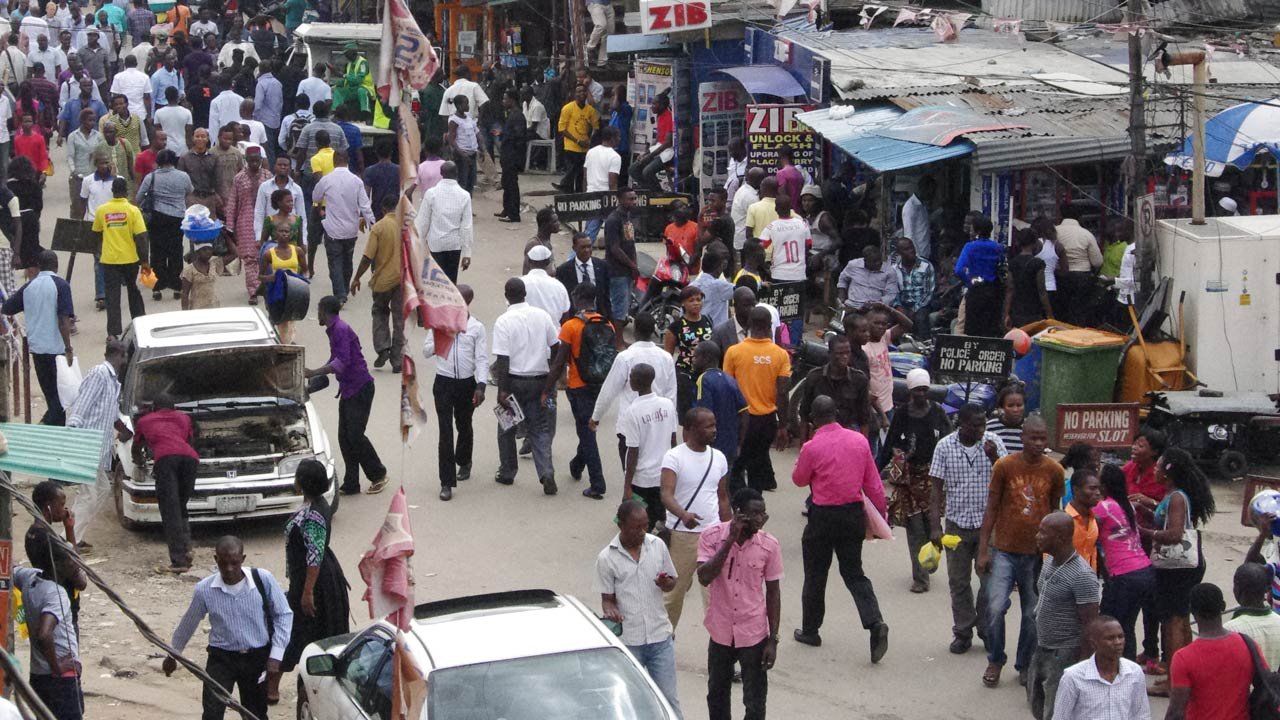The Majority leader of the House of Representatives was on television 2 days ago vigorously defending the House’s stiff resistance to the new currency policy. A policy that was apparently important enough for them to defer their recess. He claimed that their actions were pertinent since they were elected to protect the interests of the common man, especially the downtrodden in the rural areas.

The last statement is the crux of this article. ‘Protecting the interests of the poor’ is the usual pretext political elites conveniently use whenever they decide to fight any policy that threatens their interests. Although the new currency policy has its pros and cons, the House’s resistance to it has nothing to do with protecting the poor. If they really care about the poor they could start by slashing their jumbo salary.
The thing is, Nigeria’s current demography, viz its huge population largely constituted by the informal sector strongly enables the crooked elite to perpetrate their corrupt acts. The informal sector, also called ‘the grey economy’ is the proportion of the population, as well as their economic activities, that is not formally registered with the government, hence neither taxed nor monitored. It is easy to see how this serves as a potent nidus for committing crime.

It is little wonder then that policies that aims to move more people into the formal sector always face stiff opposition in Nigeria, mostly from those who claim to ‘fight for the poor’. Some instances in our recent history come to mind; IPPIS, NIN, BVN, SIM registration, card reader, BVAS just to mention a few. Whenever these policies come up, one is reminded of how our rural areas are bereft of public amenities, internet access, and social services, thereby making the policies detrimental to them. As if that alone is not an indictment on their ineptitude as public leaders.
I had an experience with this a few years ago. I had painstakingly designed a community health insurance scheme for my village where people would make monthly contributions to a central health fund from which healthcare would be serviced. The aim was to make healthcare more affordable for everyone in the village. We (other medical colleagues and myself) sought the buy-in of important stakeholders; the traditional ruler, political leaders and opinion molders.
That project died before it was born. In our very first meeting to pitch the project to an important stakeholder, we hit an insurmountable roadblock. To execute this type of project successfully, we needed an accurate census to know how many people the scheme would cater for. Ultimately enrollees into the scheme would be issued with some form of identification to access the service. The reply was short: Nobody will allow you to count us!

I have long opined that the most important step in redirecting Nigeria towards the path of development is to ‘formalize’ the informal sector. Corruption thrives in the informal sector for obvious reasons. It is this large informal sector that has ensured the failure of schemes such as the NHIS, mortgage banking etcetera and why agencies such as the FIRS under-perform. It is the reason payments are demanded in full at the point of purchase; you want a house, you pay 100 miilion Naira cash! It is the reason the ghost-worker industry continues to boom.
Unfortunately (but fortunately for some), Nigeria has one of the largest informal economies in the world only behind Afghanistan and Zimbabwe. The next president must, as a matter of urgency, conduct a digital census or aggregate already available data. Naturally this will be resisted same way every digitization process is. In my opinion, this is the only way Nigeria can move forward.

